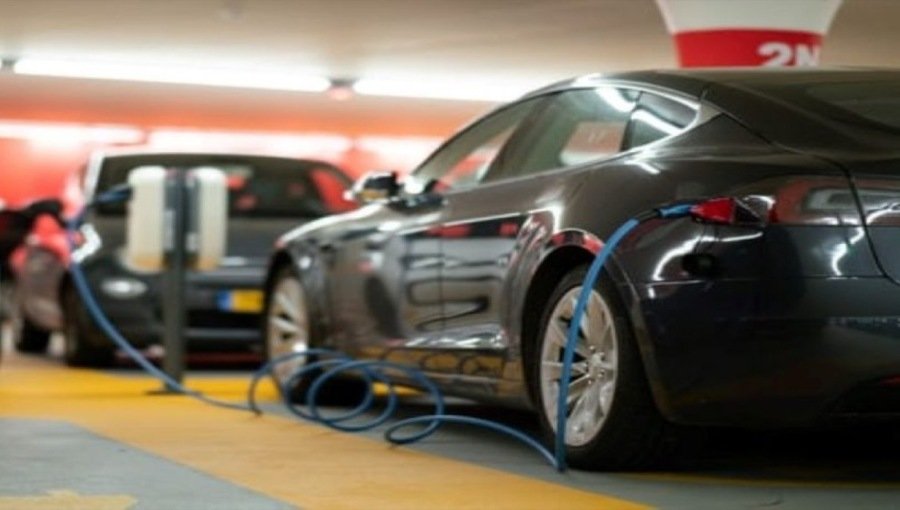Ukraine has ambitious plans to roll out EV infrastructure despite the fact that Russia has destroyed half its power stations, and the country is suffering from rolling blackouts.
Electric vehicles (EVs) have become more popular so a company backed by European investment is accelerating the development of the nation’s charging infrastructure.
ECOSAT, in partnership with the GO TO-U platform, has installed its first high-speed charging stations in the Lviv, Rivne, and Ivano-Frankivsk regions. The company plans to establish large charging hubs along Ukraine’s main highways from the West to the East, integrating solar panels and energy-saving systems into their operations.
“We are a new operator of charging stations and a producer of green energy in the Ukrainian market. While implementing our projects, we are actively attracting European investments in the form of co-financing,” ECOSAT said in a statement.
The company is also involved in projects to install storage systems with capacities of 500 kWh or more and has already built 1 MW of solar power generation to meet its needs and support the stability of Ukraine’s energy market.
Ukraine’s Prime Minister Denys Shmyhal has highlighted the potential for the country to develop a domestic EV industry, driven by its substantial lithium reserves. Speaking at a forum marking the second anniversary of the Diia City special tax regime, Shmyhal suggested that Ukraine could satisfy its domestic demand for EVs within five years and eventually become an exporter.
“Lithium deposits make it possible to create a full cycle of electric car production, not only for domestic needs but also for export,” Shmyhal said, adding that plans are in place to introduce EV manufacturers to the Diia City program, which already supports tech innovators like bionic prosthesis manufacturers.
Ukraine’s lithium reserves, accounting for one percent of global reserves and a third of Europe’s, are significant enough to provide batteries for nearly 20 million electric vehicles, according to Roman Opimakh, head of the State Geodesy. However, Opimakh noted that the exact amount of reserves remains confidential.
Despite the optimism, the path to a domestic EV industry is fraught with challenges. Denys Alyoshin, director of strategic development at UkrLithium Production LLC, has pointed out that only two of Ukraine’s four known lithium deposits are under Ukrainian control, with one located in an occupied area of Donetsk and another near the frontlines in Zaporizhzhia. Alyoshin stressed that new surveys, mining operations, and factories are needed to turn the ores into industrial products, requiring substantial international investment and expertise, reported The Kyiv Post.
Compounding these challenges is the ongoing war and Russia’s relentless attacks on Ukraine’s power grid. Since the war began, Russia has severely damaged Ukraine’s energy infrastructure, reducing the country’s electricity generation capacity from 55 GW to just 20 GW. Recent missile strikes have further compounded the damage, eliminating 9.2 GW of capacity since March 2024 alone. Ukrainian energy companies have been forced to implement scheduled blackouts across 12 regions to manage electricity consumption.
The energy crisis and war have also impacted Ukraine’s automotive market. In July, demand for used cars from the US jumped by 75%, with electric vehicles comprising 37% of imported vehicles. Sales of new passenger cars soared by 24% compared to June, with more than 6,400 new cars registered in July alone.

